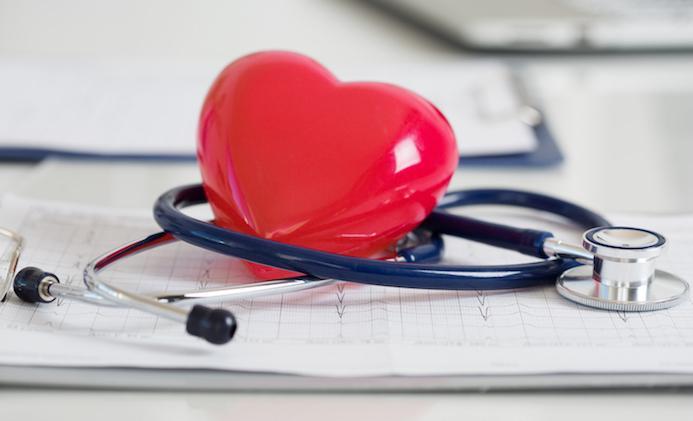
Take These Steps to Lower Your Cholesterol
Your body needs a small amount of cholesterol to function optimally, but too much of it can clog and damage your arteries, boosting the risk of suffering a heart attack or stroke.
Dec 1st, 2021





















